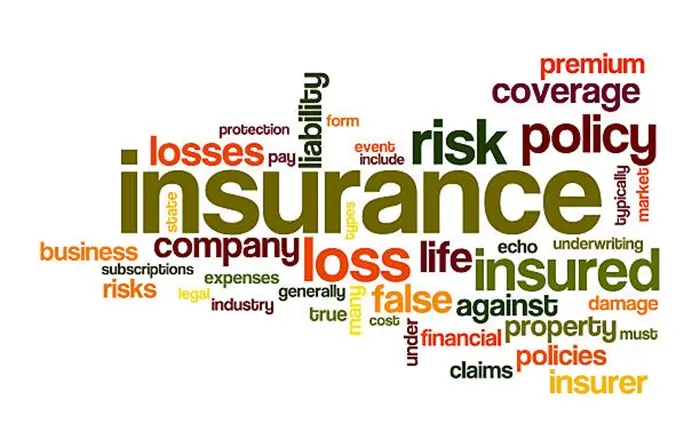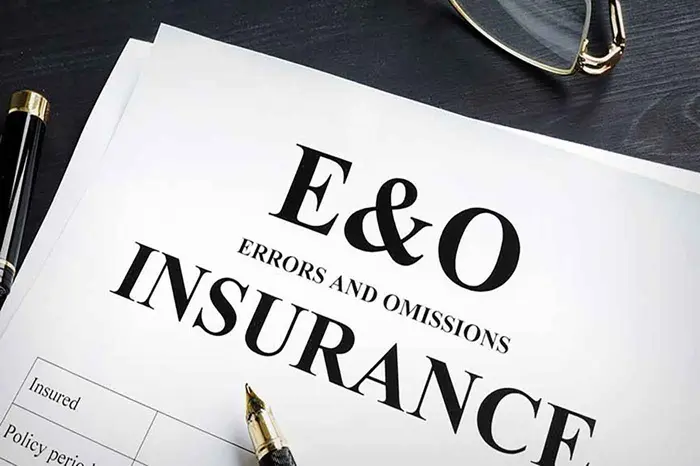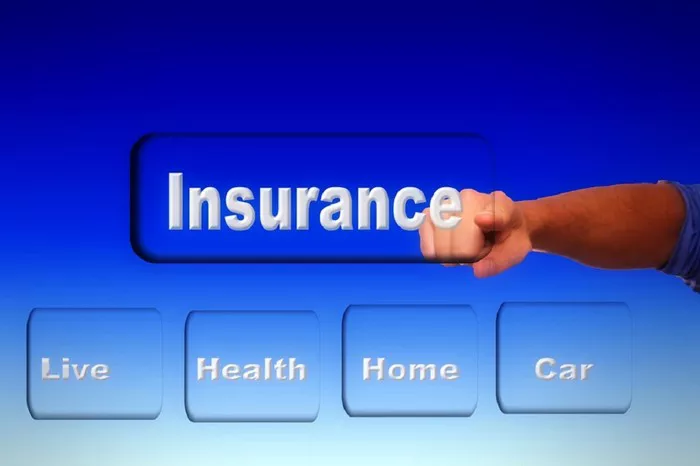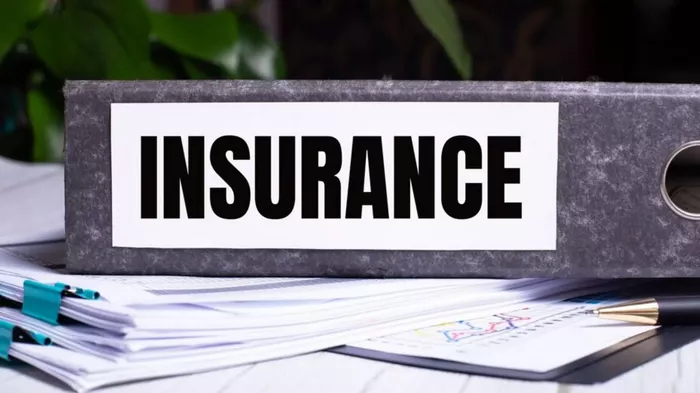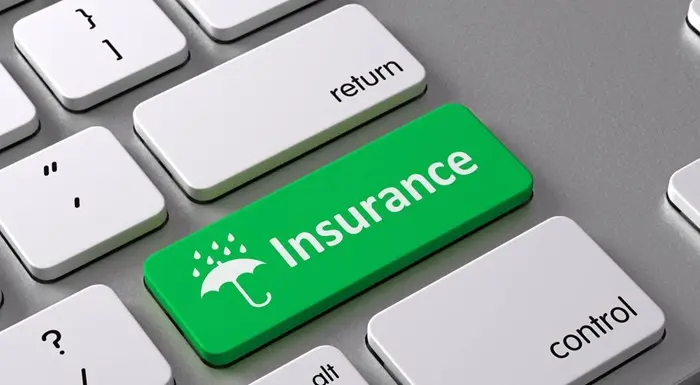The insurance industry is a diverse and rewarding profession that offers numerous career opportunities for those interested in finance, risk management, and customer service. Obtaining an insurance license is often the first step toward a successful career. However, with so many different types of insurance licenses available, choosing the best one for you can be overwhelming.
In this article, we’ll explore the different types of insurance licenses, how to obtain them, and which license may be the best for you based on your career goals. Whether you want to be an agent, broker, underwriter, or work in claims management, understanding the different insurance licenses is essential to navigating this industry.
Types of Insurance Licenses
There are various types of insurance licenses that cater to different roles within the insurance industry. The specific license you need will depend on the type of insurance you wish to sell or manage, as well as the state or country where you plan to work. Below are the main types of insurance licenses that professionals in the industry typically pursue:
1. Life Insurance License
A life insurance license is one of the most common types of insurance licenses. This license allows you to sell life insurance policies to individuals, helping them secure financial protection for their loved ones in case of death. Life insurance is often considered a cornerstone of personal financial planning.
What Does a Life Insurance License Entail?
A life insurance license is required for anyone selling life insurance products such as term life, whole life, or universal life insurance. To obtain a life insurance license, you will typically need to:
Complete Pre-Licensing Education: Most states require aspiring life insurance agents to take pre-licensing courses. These courses cover topics like life insurance policies, underwriting, insurance regulations, and ethics.
Pass a Licensing Exam: After completing your education, you will need to pass a licensing exam. The exam tests your knowledge of life insurance products, state regulations, and ethics.
Submit an Application: Once you pass the exam, you will need to submit an application to the state insurance department, which may involve background checks.
Maintain Continuing Education: Most states require licensed life insurance agents to complete continuing education courses periodically to renew their licenses.
Why Choose a Life Insurance License?
The life insurance industry offers numerous opportunities for agents to work with clients on long-term financial planning. Life insurance agents are often rewarded with high commissions and the satisfaction of helping people prepare for the future. If you are interested in helping others with their financial security, this could be an excellent choice.
2. Health Insurance License
A health insurance license allows agents to sell health insurance products, such as individual and group health plans, Medicare Advantage plans, or long-term care insurance. Health insurance is a critical part of personal and family financial security, especially in countries like the United States, where healthcare can be expensive.
What Does a Health Insurance License Entail?
To obtain a health insurance license, you generally need to:
Complete Pre-Licensing Education: As with life insurance, most states require health insurance agents to complete pre-licensing education courses. These courses cover topics like health insurance products, benefits, claims, regulations, and fraud prevention.
Pass a Licensing Exam: After completing the education requirements, you will need to pass a licensing exam to demonstrate your knowledge of health insurance policies and regulations.
Submit an Application: Similar to the life insurance license process, you will need to submit an application to the state insurance department to receive your license.
Maintain Continuing Education: Health insurance agents are often required to complete continuing education courses to keep up with changing regulations and maintain their licenses.
Why Choose a Health Insurance License?
If you are interested in helping individuals and families navigate the complexities of health insurance, a health insurance license could be an excellent fit. Health insurance agents often assist clients in selecting the best health plans based on their needs and budget. With the growing demand for affordable healthcare, health insurance is a promising area for professionals to pursue.
3. Property and Casualty Insurance License
A property and casualty insurance license (often abbreviated as P&C license) allows agents to sell policies that cover property damage and liability risks. These policies include auto insurance, home insurance, renters insurance, and business liability insurance.
What Does a Property and Casualty License Entail?
To obtain a property and casualty insurance license, you will generally need to:
Complete Pre-Licensing Education: Pre-licensing education for property and casualty agents focuses on various types of property insurance, casualty insurance, and liability policies. The courses also cover state regulations, underwriting procedures, and the ethics of selling insurance.
Pass a Licensing Exam: After completing the education courses, you will need to pass the licensing exam. The exam will test your knowledge of different property and casualty policies, liability insurance, and regulatory standards.
Submit an Application: Like other insurance licenses, you will need to submit an application to your state’s insurance department to become licensed.
Maintain Continuing Education: Property and casualty insurance agents must also complete continuing education courses to renew their licenses and stay current with changes in regulations and the market.
Why Choose a Property and Casualty License?
Property and casualty insurance is a vast field with a wide range of opportunities. If you are interested in helping people protect their homes, cars, and businesses from risks like theft, fire, or accidents, a P&C license can provide you with the tools to do so. This area of insurance is highly dynamic, offering a mix of personal and commercial insurance options.
4. Commercial Insurance License
A commercial insurance license allows agents to specialize in selling insurance policies to businesses. This type of insurance covers a range of risks for businesses, including property damage, liability, and worker’s compensation. Many commercial insurance agents work with large corporations, small businesses, and non-profit organizations.
What Does a Commercial Insurance License Entail?
Obtaining a commercial insurance license is similar to the P&C license, but the focus is more on the specific needs of businesses rather than individuals. To obtain this license, you will need to:
Complete Pre-Licensing Education: Pre-licensing courses for commercial insurance focus on business insurance needs, including coverage types like general liability, commercial auto, and property insurance for businesses.
Pass a Licensing Exam: The licensing exam will cover topics related to commercial insurance policies, risk management, business law, and regulatory requirements.
Submit an Application: After passing the exam, you will submit an application to the state insurance department to obtain your license.
Maintain Continuing Education: Like other types of insurance licenses, commercial insurance agents must maintain their licenses through continuing education courses.
Why Choose a Commercial Insurance License?
Commercial insurance can be highly rewarding because businesses often require specialized coverage. Working as a commercial insurance agent allows you to interact with businesses and help them mitigate various risks. As the economy grows and businesses expand, the demand for commercial insurance is likely to increase, offering strong career prospects.
5. Insurance Broker License
An insurance broker license is required if you want to act as an intermediary between clients and insurance companies. Brokers can sell a wide range of insurance products, including life, health, property, casualty, and commercial insurance. Brokers have the ability to compare policies from multiple insurers to find the best deal for their clients.
What Does an Insurance Broker License Entail?
Becoming an insurance broker typically involves a more comprehensive understanding of the insurance industry since brokers are expected to have expertise in multiple types of insurance. To obtain a broker license, you will generally need to:
Complete Pre-Licensing Education: Brokers need to understand a wide variety of insurance products. Pre-licensing education will cover multiple lines of insurance, as well as regulatory requirements and business ethics.
Pass a Licensing Exam: The broker exam will test your knowledge of various insurance products, laws, and market practices.
Submit an Application: Once you pass the exam, you will need to apply to the state insurance department to become a licensed broker.
Maintain Continuing Education: Brokers are required to complete continuing education to maintain their licenses.
Why Choose an Insurance Broker License?
Becoming an insurance broker allows you to have a more flexible career, as you can work with multiple insurers and offer a wide range of products. This type of license is ideal for those who want to offer their clients personalized services and help them find the best coverage based on their needs and budget.
How to Choose the Best Insurance License for You
The “best” insurance license to obtain depends on your career goals, interests, and the type of clients you want to serve. Here are a few considerations to help you choose the right license:
Career Goals: If you are passionate about helping individuals with their financial security, a life or health insurance license may be ideal. If you prefer working with businesses, a commercial insurance license or insurance broker license might be more suitable.
Job Market Demand: Consider the demand for different types of insurance in your region. For example, health insurance agents may be in high demand due to ongoing healthcare reforms, while property and casualty insurance agents may find opportunities in regions prone to natural disasters.
Personal Interests: Think about the types of clients you would like to work with. Do you prefer personal insurance, such as life and health, or would you enjoy dealing with business insurance, such as worker’s compensation and commercial property insurance?
Licensing Requirements: Each state or country may have different requirements for obtaining insurance licenses. Make sure you are aware of the specific education, exam, and continuing education requirements in your region.
Conclusion
Choosing the right insurance license depends on your career goals, the type of insurance you are interested in, and the market demand in your area. Whether you want to sell life, health, property, casualty, or commercial insurance, the insurance industry offers numerous opportunities. With the right license, you will embark on a rewarding career helping clients protect assets, manage risk, and achieve financial security.
Related topics:


